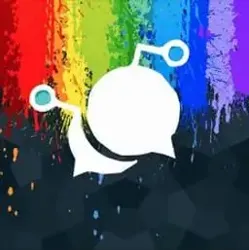Yes, I read your comment. It’s okay if you didn’t understand my comment. Clearly you don’t understand how filesystems and drive mounting works under Linux or the role of desktop environments in managing filesystems, mounting, and permissions. I don’t doubt that you’re genuinely struggling here, but there is no call for that kind of hostility. You might have some hope for figuring it out if you open your mind to the fact that you don’t fully understand what your problem is.
Steam expects the games to be in a particular place with a particular set of permissions and ownership relative to the user(s) and/or group(s) expected to use those game files. I’m telling that Linux doesn’t care where those files physically reside. You can tell Steam that those files are exactly where Steam expects them to be at the filesystem level, without messing with Steam configs, nautilus, gnome, or KDE. There are several ways to do this, but without understanding the requirements of your machine no one here will be able to give you effective advice.
I’ve seen some other comments from you about running something or other as root or just blanket chmods to 777 and I can tell you from experience that those are rarely effective solutions and can sometimes make things worse (just try something like that when configuring ssh configs, keys, and permissions).









You’ve just traded down votes for the report button.
I say they are two different use cases. There is often a very wide gulf between a comment that I feel does not contribute to good discussion and one that is so heinous that it needs to be removed. Most of your comments for instance: pretty naive and banal adding little good to the discussion overall, but I don’t feel that you’ve said anything hateful, obscene, or aggressive enough to warrant total removal. Usually I just downvote and move on, especially when I don’t want to hear that person’s bad take reply on my own point of view. I’ve made an exception here for you simply because you are trolling all over this thread, seemingly inviting downvotes. But, I’m going to block you and move on because you’ve killed any interest I have in this thread or the larger discussion. I still don’t think your comments rise to the level of reporting.
Reports and blocks aren’t a replacement for downvotes and if your instances doesn’t federate downvotes you shouldn’t use them that way.